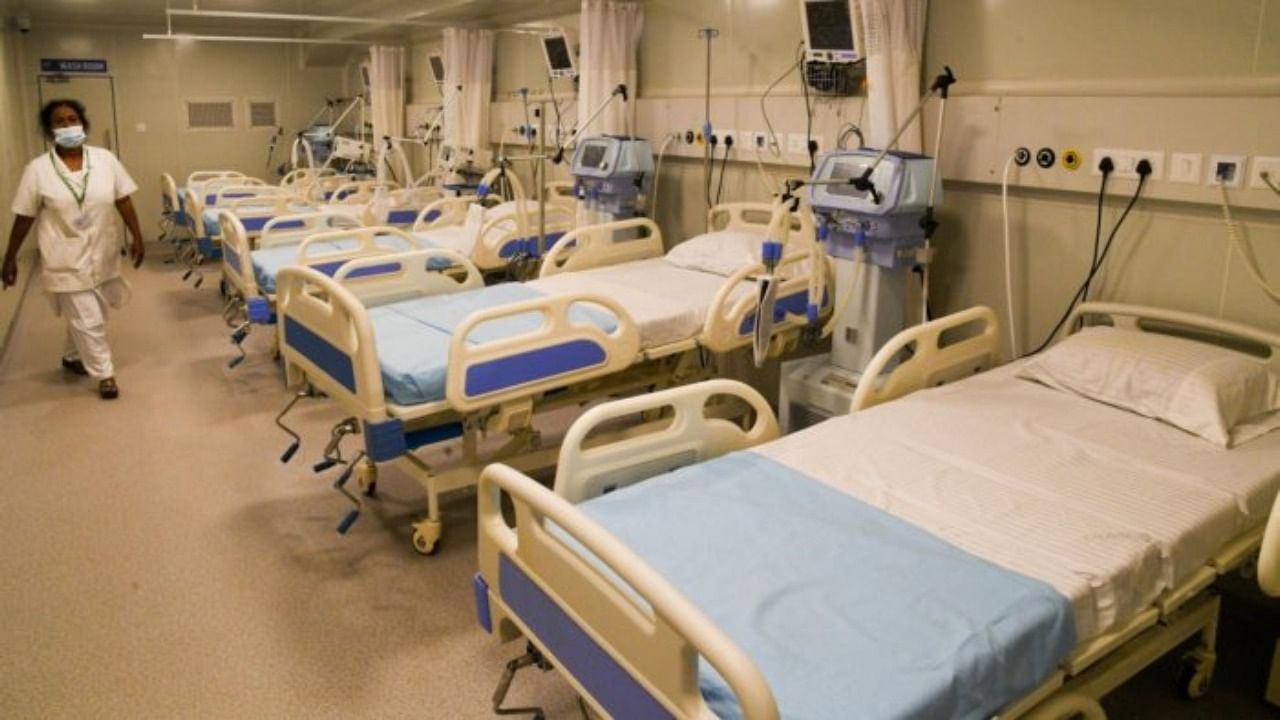
India’s fragmented and silo-style research has hampered potential advances in science and med-tech. It is a problem that the Indian Institute of Science (IISc) hopes to rectify by building a Postgraduate Medical School along with a multi-specialty hospital.
The planned not-for-profit 800-bedded facility, with a funding of Rs 425 crore from philanthropic sources, is scheduled for completion in 2024.
Professor Govindan Rangarajan, the Director of the Indian Institute of Science (IISc) expressed confidence that the medical school will rival western benchmarks such as Harvard Medical School, Johns Hopkins and the University of Toronto -- and serve as an intersection between science, clinical trials and innovations.
“India needs to develop a strong base for clinical research in this country but that is easier said than done,” he said. “Modern-day, cutting-edge medical research is the confluence of three disciplines: basic sciences, engineering and technology, and clinical sciences. Unfortunately, these different scientific disciplines [in India] work in silos, which hampers biomedical research.”
Professor Rangarajan pointed to mRNA Covid-19 vaccines which originated at the University of Pennsylvania. “A medical school will not have a local impact but could have a global impact around the world. But [India] does not have these kinds of facilities. A whole cadre of physician-scientists is missing. This is something we would like to do here,” he added.
The facility will be built on 15 acres of land in the northern part of the campus, close to the institute’s other science and engineering departments to promote synergy in research. Ground-breaking is set to happen in June with 70 faculty members to be recruited by 2024. “The first admissions will take place in 2025,” the director said.
He told DH that “Rs 425 crore is sufficient for the civil construction of the hospital.”
“The institute needs about Rs 500 crore more for establishing all the specialities with state-of-the-art biomedical equipment, student hostels…etc.” He added that a further 10 acres of land is available at the site for future expansion.
“At least 50 per cent of the beds will be at government insurance rates. Further details will be worked out closer to launch,” he said.
Scientists said the academic centrepiece of this initiative will be an integrated dual degree MD-PhD programme, aimed at creating the new breed of physician-scientists who will be driven by a bench-to-bedside philosophy. The facility will offer seven to eight MD/MS specialities and additionally, DM/MCh super specialities.
Prof Navakanta Bhat, Dean of the Interdisciplinary Sciences Division, said that students will be trained simultaneously in the hospital as well as in the science and engineering labs.
“Students will rotate in labs for three to four months each, followed by one to two days a week in science and engineering labs plus clinical work for MD training,” he said.
“In the first couple of months, they will be in microbiology, then move to nanotech. Then they will be moved to the computer lab to understand data sciences and how artificial intelligence and machine learning can be applied. Following this, they can then decide which area they want to pursue for the next five to 10 years,” he said.
Watch the latest DH videos: